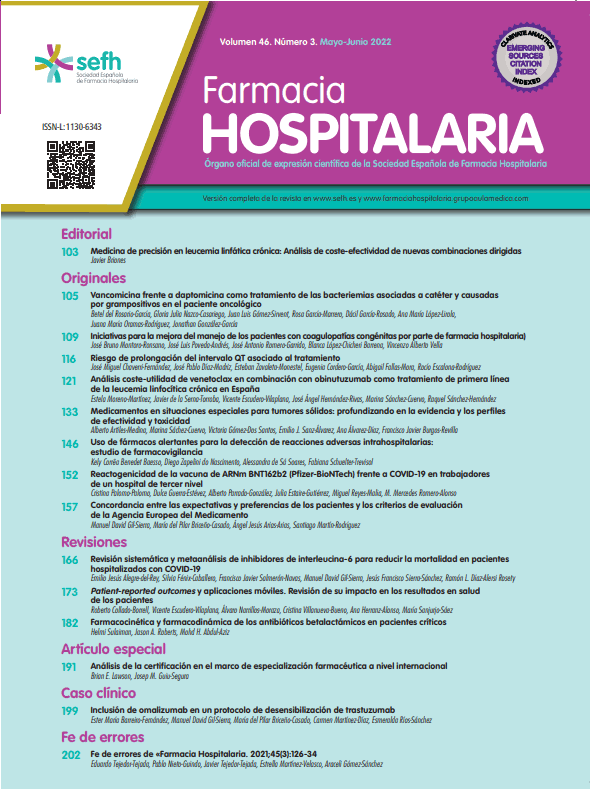The objective of this study is to analyse the available evidence regarding the effectiveness of the strategy of induction maintenance with boosted protease inhibitors with ritonavir in adult HIV patients as compared to conventional treatment.
MethodsWe performed a meta-analysis of randomised controlled trials in HIV patients to compare the efficacy of a monotherapy strategy of boosted protease inhibitors as compared with conventional antiretroviral therapy. The literature search was conducted in PubMed, EMBASE (September 1999-September 2009) and in conference abstracts of the last 5 years. The Odds Ratio of treatment failure and their 95% confidence intervals were calculated. To combine the results of individual studies selected, a fixed effects model based on the Mantel-Haenszel method or random effects was used, depending on whether or not the results were heterogeneous.
ResultsInitially a total of 1510 publications were found, of which just 8 studies met the criteria for inclusion in the meta-analysis. The combined Odds Ratio of the 8 studies is 1.39 (95% CI 1.02–1.90) for the treatment group with conventional antiretroviral treatment, but with a confidence interval close to the limits of statistical non-significance.
ConclusionThe results of the combined effectiveness analysis in the meta-analysis found no significant differences between the conventional strategy and monotherapy. This strategy is considered recommended (level A evidence) in patients with no history of previous failure of protease inhibitor, with undetectable plasma viral load and signs or symptoms of nucleoside/nucleotide toxicity.
El objetivo del presente trabajo es analizar la evidencia disponible sobre la eficacia de la estrategia de inducción mantenimiento con inhibidores de proteasa potenciados con ritonavir en pacientes adultos VIH respecto al tratamiento convencional.
MétodosSe realizó un meta-análisis de ensayos aleatorizados y controlados en pacientes VIH para comparar la eficacia de una estrategia de monoterapia con inhibidores de proteasa potenciados frente al tratamiento antirretroviral convencional. La búsqueda bibliográfica se realizó en PubMed, EMBASE (septiembre 1999-septiembre 2009) y en resúmenes de congresos de los últimos 5 años. Se calcularon los Odds Ratio del fracaso terapéutico y sus intervalos de confianza del 95%. Para combinar los resultados de los estudios individuales seleccionados, se empleó un modelo de efectos fijos basado en el método de Mantel-Haenszel o de efectos aleatorios, en función de que exista o no heterogeneidad en los resultados.
ResultadosSe localizaron inicialmente un total de 1.510 publicaciones, de las que solo 8 estudios cumplieron los criterios de inclusión en el meta-análisis. El Odds Ratio combinado de los 8 estudios es de 1,39 (IC 95% 1,02–1,90) a favor del grupo de tratamiento con tratamiento antirretroviral convencional, pero con un intervalo de confianza cercano a los límites de la no significación estadística.
ConclusiónLos resultados del análisis de eficacia combinado en el meta-análisis no encuentran diferencias significativas entre la estrategia convencional y la monoterapia. Esta estrategia se considera recomendable (nivel A de evidencia) en pacientes sin historia de fracaso previo a inhibidores de la proteasa, con carga viral plasmática indetectable y signos o síntomas de toxicidad por análogos de nucleósidos/nucleótidos.






